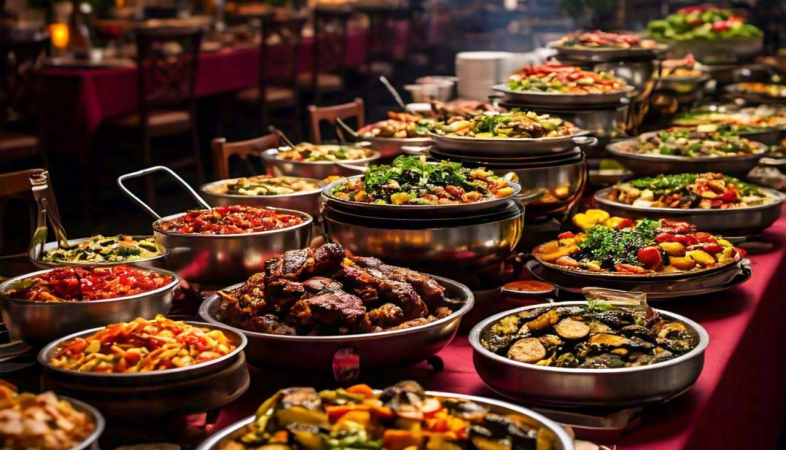
From predictive ordering to tailored meal recommendations, AI is making dining smarter and more enjoyable than ever before.
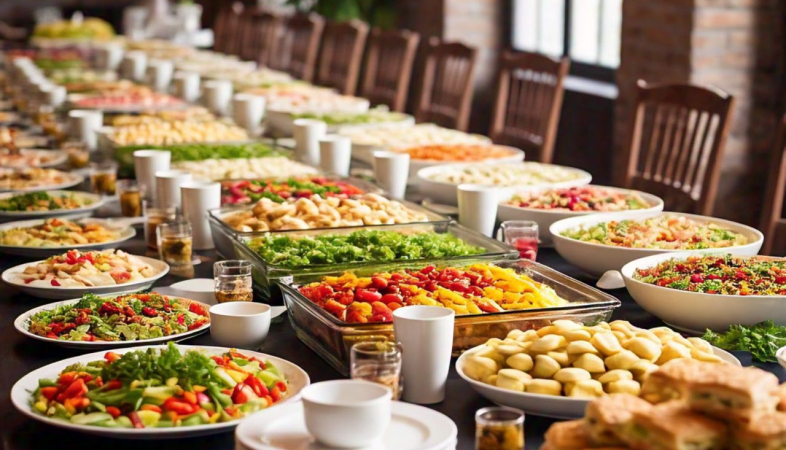
Providing a personalized dining experience can turn a small gathering into an unforgettable occasion.
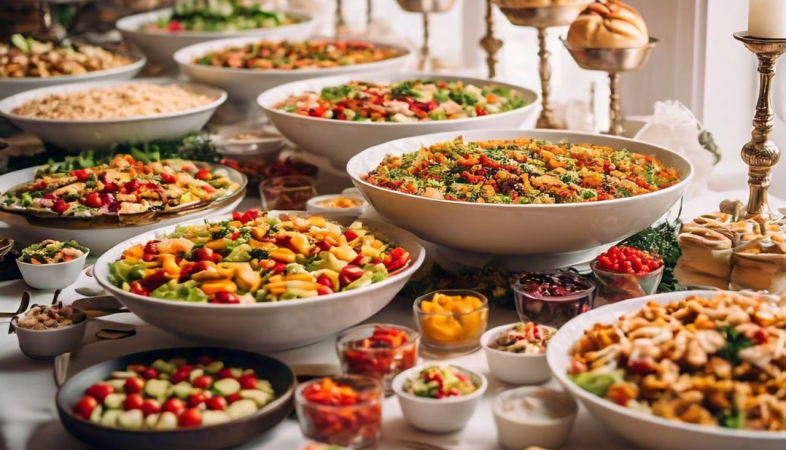
To create a truly memorable and inclusive event, caterers must be attuned to the cultural significance of various dishes and respectful of dietary restrictions.
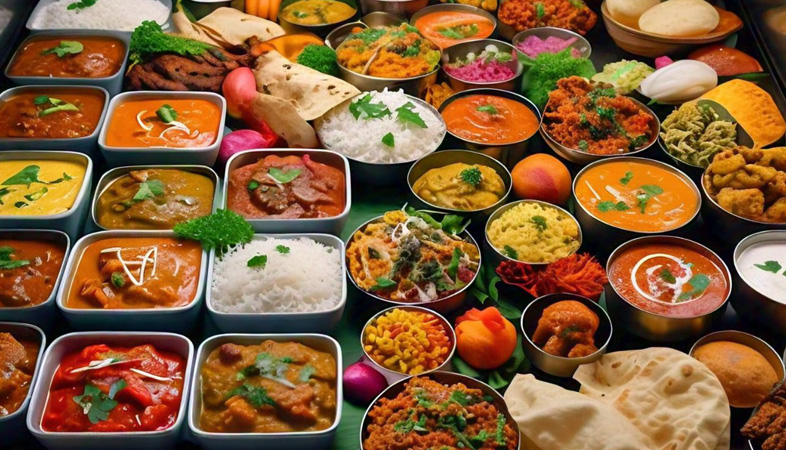
The future of catering promises to be dynamic and exciting, characterized by innovation, personalization, and sustainability.
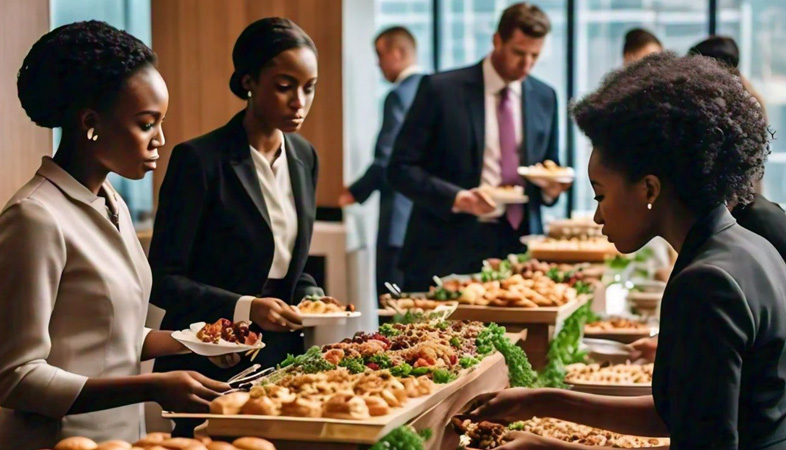
The science of catering encompasses a multifaceted approach to ensuring food safety, quality, and compliance with regulatory standards.
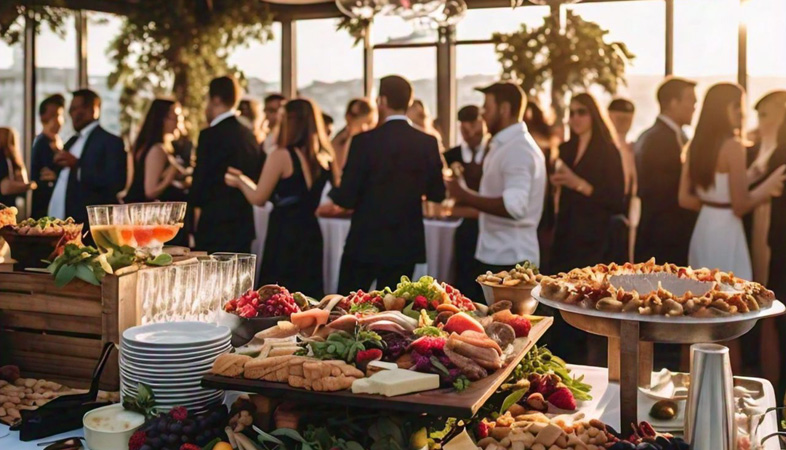
Whether catering a corporate luncheon, wedding reception, or social gathering, adhering to proper etiquette not only enhances the guest experience but also reflects positively on the catering company.

Catering companies achieve this by focusing on several key factors that differentiate them from the competition.
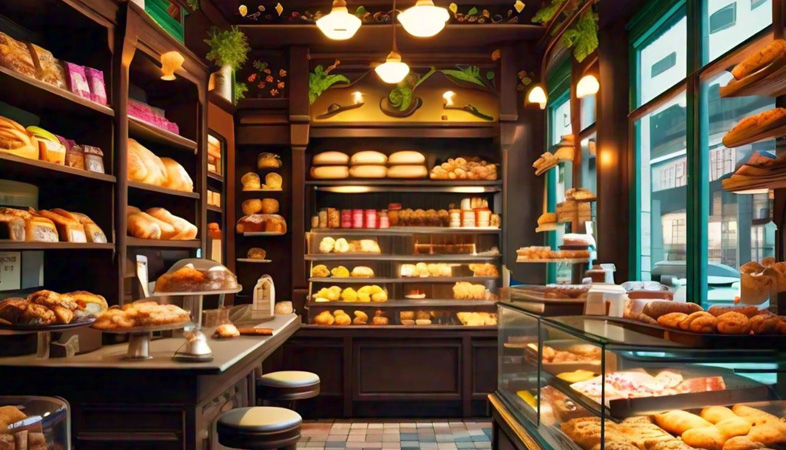
Catering companies understand that creating visual masterpieces not only delights guests' eyes but also enhances their overall dining experience.
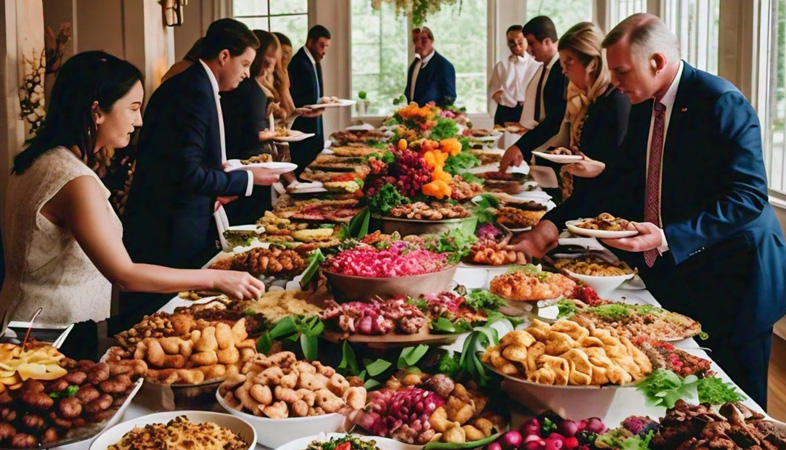
Modernizing catering services involves embracing innovation, flexibility, and creativity to deliver exceptional culinary experiences that leave a lasting impression.

From unexpected dietary restrictions to logistical hurdles and everything in between, catering companies face a wide range of challenges in delivering exceptional culinary experiences for their clients and guests.
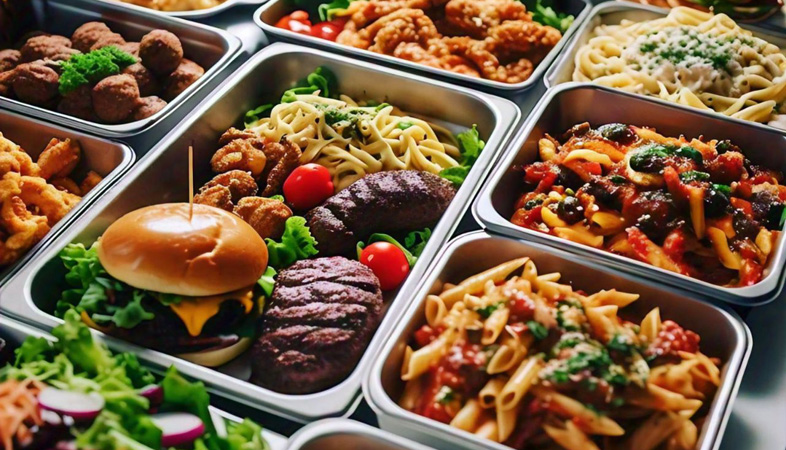
From choosing the right menu to coordinating with vendors, here is a comprehensive checklist to help you navigate the world of Indian catering.

Catering plays a crucial role in creating a positive and memorable experience for attendees, as well as reflecting the company's professionalism and attention to detail.